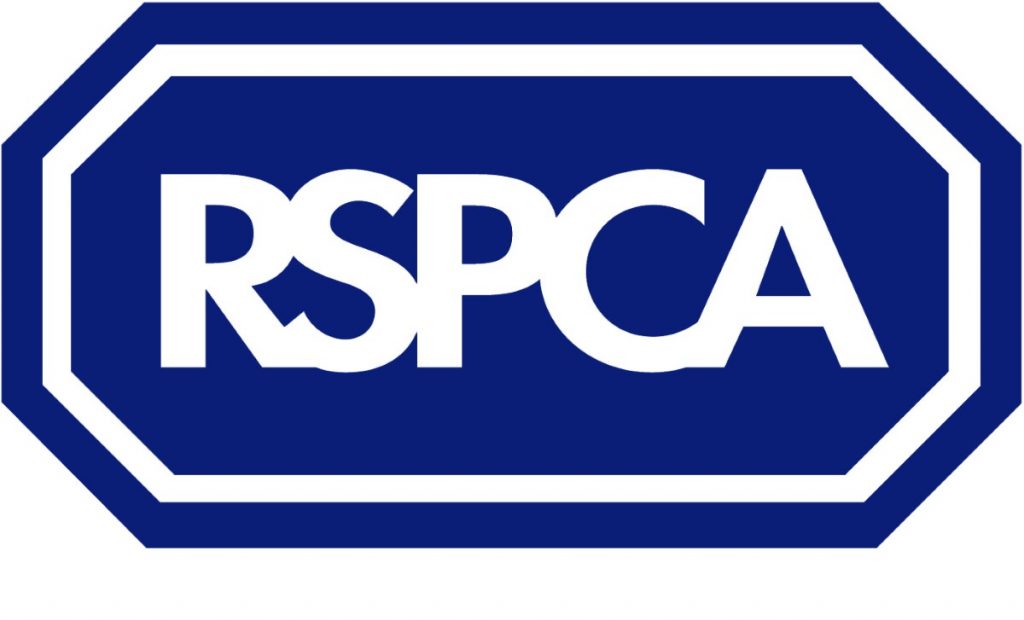RSPCA: Give your wildlife a helping hand this winter and save lives
Thousands of casualties in RSPCA centres every year
Winter can be challenging for birds, hedgehogs, squirrels and other wildlife so with the first frosts emerging this week, the RSPCA is issuing tips on how to help.
Every year between one and two thousand wild animals are brought into RSPCA wildlife centres in December, January and February suffering from dehydration, hunger and cold. Last year, there were nearly 500 in December alone.
Others suffer injuries due to weather-related events, such as swans crash-landing in roads during rainy weather – having mistaken them for lakes.
But there are some very simple things which wildlife lovers can do to try and reduce some of these casualties.
Making your garden wildlife-friendly; maintaining your garden pond and leaving out food and fresh, clean unfrozen water can make all the difference to how well wild animals survive the colder months.
RSPCA wildlife expert Nicola Cunningham said: “Sometimes it is the small things that can make all the difference.
“A little bit of extra food left out for a hungry robin may be the help it needs to last through a spate of frosty weather.
“Something as simple as putting a board at an angle against a wall or pile of bricks, or leaving a pile of leaves undisturbed can create a haven for hedgehogs to snuggle away safely in for the winter.
“We can all struggle when the weather takes a turn for the worse, and our wildlife friends are often the most vulnerable to the extremes the elements take. They just need a bit of a helping hand sometimes.”
Ways to help include:
Leaving undisturbed ‘wild’ areas in your garden and providing piles of leaves or brushwood as nests for hedgehogs to rest and hibernate in. Also, by leaving the tidying of borders and shrubs until late winter or early spring, shelter can be provided for insects through winter.
If your garden pond freezes over, make a hole in the ice. Otherwise toxic gases can build up in the water of a frozen pond, which may kill fish or frogs that are hibernating at the bottom. It is important to do this by gently melting a hole by carefully placing a pan of hot water on the surface. Never break the ice with force or tip boiling water onto the pond, as this can harm or even kill any fish that live there.
Birds may have difficulty finding natural foods such as berries, insects, seeds, worms and fruit. Any alternative extra food you can put out during these cold months will help – try giving a range of seeds, fresh unsalted peanuts and table scraps, cheese and fruits like apples and pears. Garden birds love dried mealworms or waxworms, which can be bought from bird food suppliers.
Although badgers do not hibernate they do sleep through most of the severe weather, and have a tough time finding their favourite food of earthworms when the ground is frozen. Nibbles such as lightly cooked meats, cheese, peanuts and fruit would be welcomed.
Squirrels also do not hibernate – instead they ‘cache’ (store) food when it’s in good supply to eat when food is scarce. To help squirrels survive the coldest times of year offer nuts such as hazelnuts, walnuts and almonds, plus some chopped apple, beans, carrots or spinach.
Frogs and toads spend the winter tucked away in compost heaps, dead wood or under decking/sheds/patios, but they may venture out in milder weather to look for food. You can help your local amphibians by leaving parts of your garden untouched such as piles of leaves and dead wood and by having a compost heap.
Notes to editors
Images and interviews available on request, along with further information about animal numbers in our wildlife centres.
ends
RSPCA, Wilberforce Way, Southwater, Horsham, West Sussex RH13 9RS
Press office direct lines: 0300 123 0244/0288 Fax: 0303 123 0099
Duty press officer (evenings and weekends) Tel 08448 222888 and ask for pager number 828825
Email: press@rspca.org.uk Website: www.rspca.org.uk
Once upon a time the RSPCA told the Uncomfortable Tail of Britain's
forgotten farm animal. Find out more about our Like a Duck to Water
campaign: http://www.rspca.org.uk/getinvolved/campaigns/farm/ducks





-01.png)